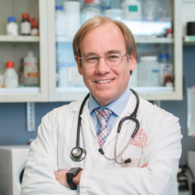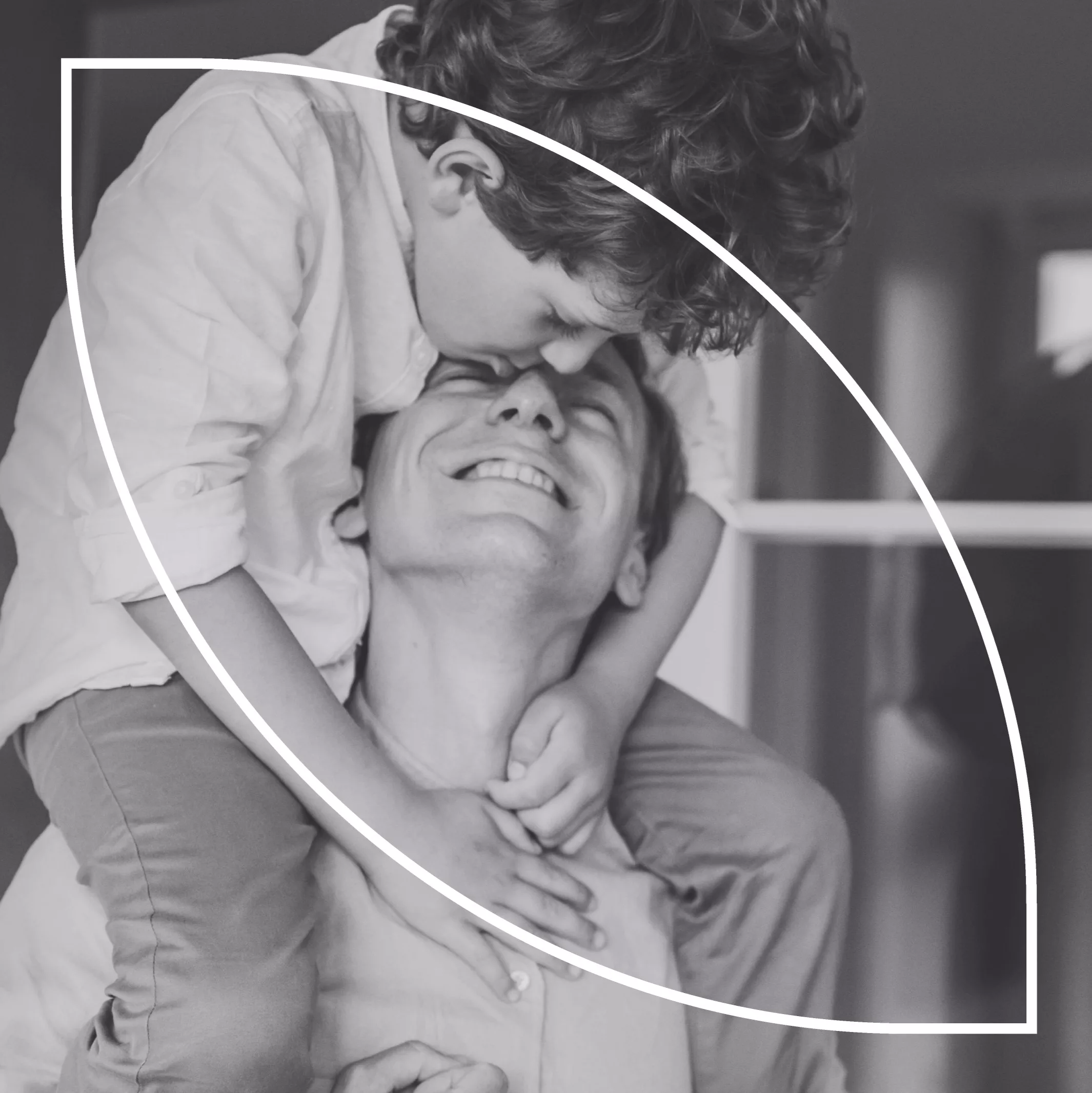
Today is the last day of Breast Cancer Awareness Month. Every year October is an important month for all those who are working hard to eradicate breast cancer. This year we also needed to deal with COVID-19. Since the beginning of the pandemic, we’ve all had to change how we go about our day-to-day.
And yet, the coronavirus threat is all the more destabilizing for those living with breast cancer and compromised immune systems. Just about every aspect of their life is affected, including screening, diagnosis, treatment, follow up care as well as the potentially life-saving research medical professionals can practice.
Why is research vital in fighting this chronic illness now more than ever? Researcher at the Lady Davis Institute and Assistant Professor, Department of Surgery and Oncology at McGill University, Dr. Mark Basik, explains.
Q: WHAT ARE THE IMPACTS OF COVID-19 ON BREAST CANCER PATIENTS? HOW DO THE CORONAVIRUS SYMPTOMS AFFECT THEM?
Dr. Mark Basik: Cancer patients treated with chemotherapy are at higher risk of not doing well if they catch COVID-19. Their treatments weaken the immune system rendering it challenging to fight off the virus. Moreover, cancer patients may have symptoms similar to that of COVID-19 (e.g. cough), making it difficult for medical staff to tell if it is cancer or COVID-19-related symptoms.
Q: WHAT HAS BEEN THE IMPACT OF COVID-19 ON BREAST CANCER RESEARCH?
Dr. Mark Basik: There has been a delay in our lab experiments because the research institute was shut down for three months. All experiments were put on hold for that period. There is also a delay in our clinical projects as we could not recruit patients for our studies (like new drug testing, the development of new blood tests, etc.).
Q: HOW ARE WE CONTINUING TO RESEARCH BREAST CANCER TREATMENT DURING THIS QUARANTINE PERIOD?
Dr. Mark Basik: We worked on expanding our studies to other hospitals, opening up the possibility of recruiting patients in Ontario to our projects. We could not test any of the new drugs for breast cancer for about three months in the clinic. We started only with those with minimal risk for COVID-19 (e.g. avoiding potentially harmful experimental drugs). We can now recruit patients for our studies: discuss the study with them and ask the patients to consent by phone, which was not possible before.
Q: WHAT ARE THE MOST RECENT ADVANCEMENTS YOU HAVE MADE IN 2020 IN YOUR RESEARCH?
Dr. Mark Basik: We have data suggesting a new treatment for a type of aggressive breast cancer. We found that not finding the DNA from tumours in the blood before surgery may mean that the tumour is less likely to come back. It might mean less chemotherapy for the patient. We are confirming these findings in new patients.
Q: WITH EVERYTHING HAPPENING IN 2020, WHAT ARE THE MOST PRESSING RESEARCH NEEDS?
Dr. Mark Basik: The needs are the same as always: find better treatments for aggressive breast cancers, especially metastatic breast cancers, find better ways to target treatments so that patients get the right treatment catered to their cancer type.
Q: HOW WILL THE DONATIONS BE USED FOR YOUR RESEARCH?
Dr. Mark Basik: To help us continue discovering and testing new treatments, new treatment combinations in aggressive breast cancers using our models generated from patients’ tumours.
As we wrap up the end of Breast Cancer Awareness Month in October, now more than ever before, we need your generous donation to ensure that Dr. Basik can continue his critical research into innovative treatments.






 Donors are transforming healthcare at the JGH. We’ll show you how.
Donors are transforming healthcare at the JGH. We’ll show you how.